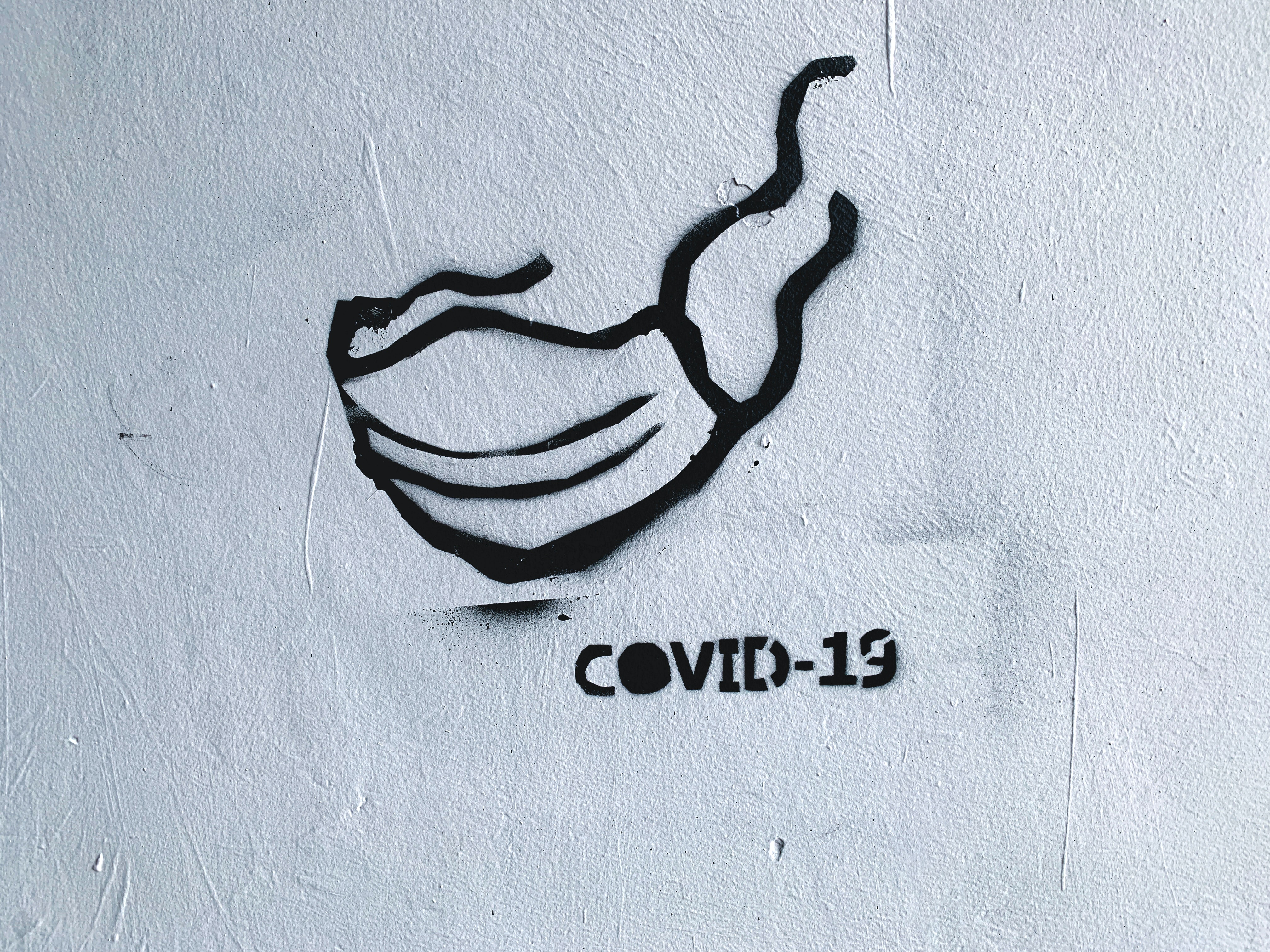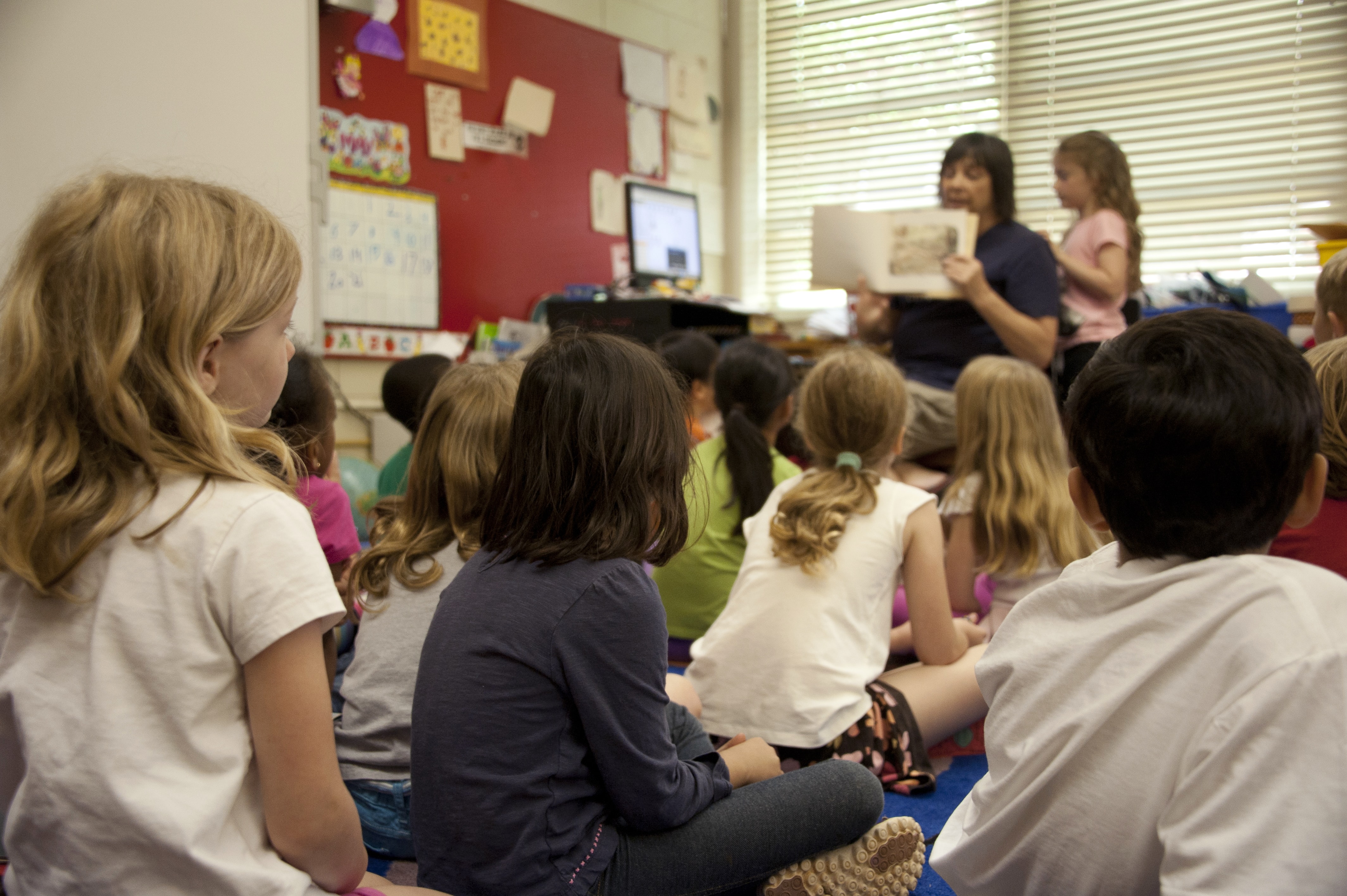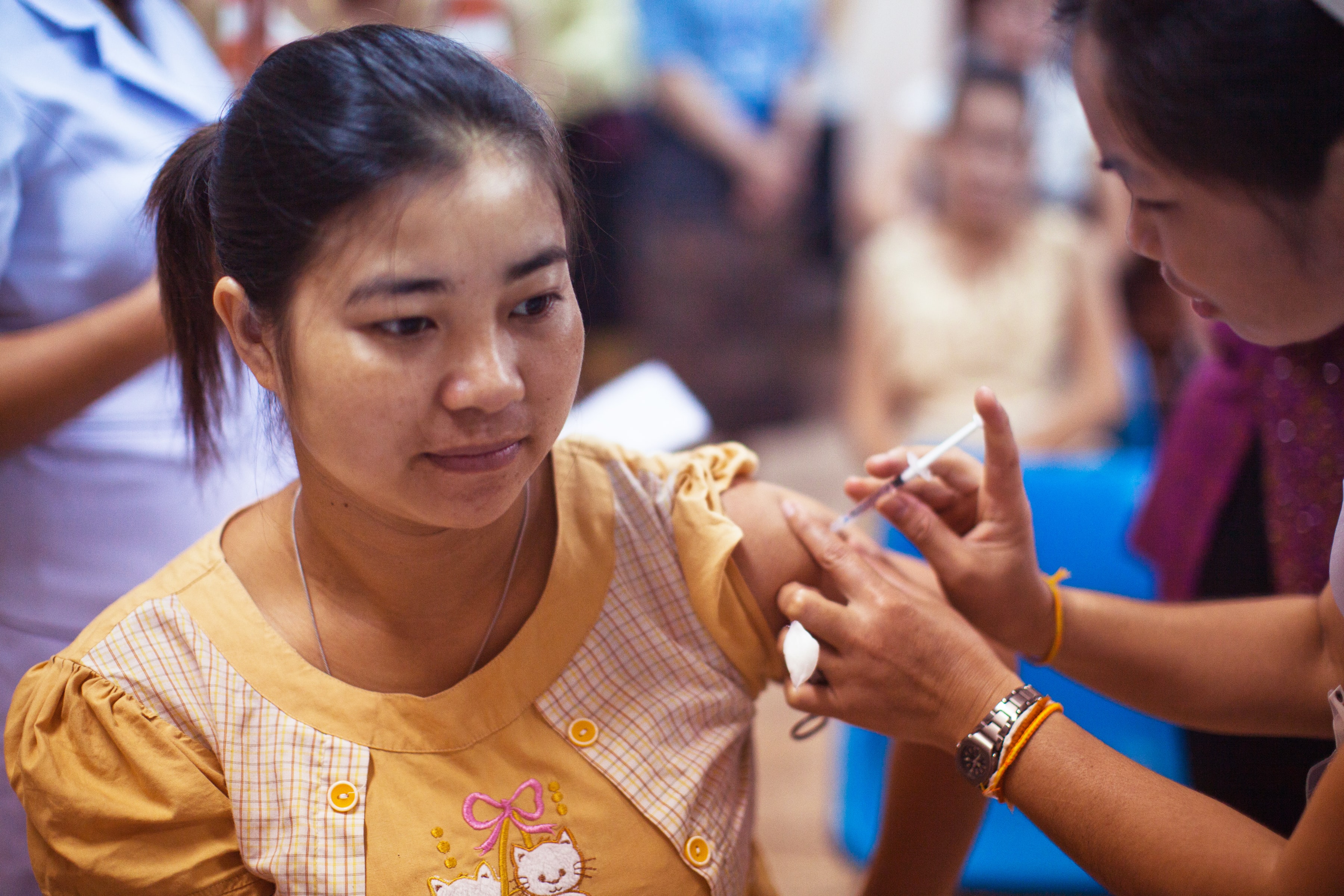The COVID-19 pandemic, its impact and mitigation, has brought the world to a point where climate change and conflict have been joined by another challenge of global scale. Countries have reacted differently in their responses with inequality and selective resource distribution again revealing the extent to which various regions and groups within societies have been ill-served and unjustly treated. In the vortex of a pandemic and with climate disruption ongoing, developmental processes have become difficult to measure. The United Nations has attempted to speculate on the outcome of this exceptional period in human history, becoming very vocal in anticipating difficult times ahead:
UNICEF and Save the Children warn that the pandemic could push 86 million children into poverty, an increase of 15 per cent relative to the baseline. As the pandemic is spreading across developing countries, the eradication of extreme poverty, currently affecting around 680 million people, seems nearly utopian (UN/DESA, 2020: 1).
Arguably, the outworking of mitigation strategies will have as much impact as the virus itself, bringing the triple nexus of humanitarian aid, development support and peace-building under immense pressure. One thing that has evolved through this exceptional period in human history has been the creeping derogation of states from universal human rights protocols. Indeed, governments around the world have been withdrawing from rights-based approaches to development. The impact of this has been profound, particularly for those who are socially marginalised or economically vulnerable.
The availability of health care provides a primary lens through which we can monitor and evaluate how access to life-saving resources and medication have been managed. With this the right to health and social care have obviously been adversely affected. Derogations have been witnessed even in the most developed regions, specifically with regards to the elderly and disabled. Imbalances over what has been made available to those who can and cannot afford health care and support, gives some insight into the policy context. Likewise, access to education is an issue that has brought forward incredulity and revelation at the varying levels of privilege and exclusion within societies and across states. In this, across the world, the right to education for millions of children has been compromised. In some of the poorest countries on earth, despite a dedicated United Nations’ Sustainable Development Goal (SDG) on education and recurrent commitment by governments globally stating that education is the basis of development, as of 2020, up to 90 per cent of the poorest children in the most deprived regions will not get the opportunity to attend school (Education-Inequalities, 2020; Carmody et al, 2020: 161-172).
Basic human rights, as presented in the Universal Declaration, have been challenged at every point of the mitigation process in an already disintegrating rights’ context. The slaughter of the Syrian wars, the treatment of vulnerable migrants and the withdrawal by populist governments from human rights conventions, all provided a backdrop to the COVID-19 derogations. And what we have witnessed in 2020 has included summary executions for violations of lockdown restrictions, disappearances, emergency laws – including the military enforcement of social activities – and the denial of critical health care for COVID-19 patients. All have been registered and will prove difficult to reverse.
The situation with basic rights (the rights to life and liberty), as with education and health, remains a product of political mentalities and bad policy design, representing a failure of policy-making at best and at worst, complacency. In practice, it has debilitated the core of human development application, that is leveling up society through targeted interventions and socio-economic support under the auspices of social justice, equality and human rights.
Poor households around the world have suffered horribly during the pandemic, with the United Nations’ Global Humanitarian Overview (GHO) for 2021 estimating that there are 40 per cent more in need of emergency aid as a result. To restate its rationale and first principle, emergency aid is there to “stave off famine, fight poverty, and keep children vaccinated and in school”. Indeed, while the richest states have directed $10 trillion into national pandemic mitigation and economic support, the United Nations has struggled in its call to get $35 billion in emergency support to the 160 million people most in need in 56 of the world’s poorest countries (GHO, 2020). This is compounded by the withdrawal of emergency support by some of the richest states, including the United Kingdom’s shock reduction of its international assistance budget by one third in a like-for-like transfer of resources to defence spending (Hansard, 26 November 2020). The human rights implications of this one adverse action are incalculable. In turn, through the increased privatization of warfare and market development therein, global military expenditure has increasing exponentially, reaching an unprecedented two trillion dollars through to the pandemic (SIPRI, 2020).
Vulnerable children, as always, are at the bottom of the development pyramid. This can be seen with respective governmental policy reactions to the pandemic around the world. Global mitigation measures put in place to cope with the spread of the virus have included the closure of schools, the ending of school meals, privileged access to digital learning, play areas closed, authoritarian social distancing rules – essentially – basic rights being suspended. The derogation of children’s human rights is an area of deep concern, yet a situation has emerged where amid a global crisis the trafficking of children for the purposes of slavery has reached historic levels (McCann & Ó hAdhmaill, 2020: 1-8). There has also been the forced adaptation of familial experiences where children are increasingly committed to work or left in a childcare role, causing an estimated further seven million primary school children to drop out of school. It has pushed many children across the world into dangerous and illegal child-labour markets, a market that has boomed through 2020 (UN/DESA 2020: 1).
The aforementioned context leaves those who study and teach about human rights in a frustrating position. There is the need to get an understanding of the processes of the development of universal rights vis-à-vis the Universal Declaration, yet the situation seems to be getting more desperate. Adaptation to our understanding of and learning about rights’ issues has been a formidable enough exercise for educationalists and learners alike. The key problem that remains is, how do we interpret such change to articulate and accentuate solutions and futures in communicable, positive and hopeful ways. Against the tide, as is often the case, human rights educators and practitioners are left to navigate adverse circumstances in the face of ongoing derogation. Globally governments need to reprofile the importance of human rights and build a culture of human rights that can provide an architecture capable of – at the very least – protecting excluded, marginalized, vulnerable and persecuted members of society.
Gerard McCann and Feilim Ó hAdhmaill (Eds) International Human Rights, Social Policy and Global Development (Bristol: Policy Press: 2020)
References
Carmody, P., McCann, G., Colleran, C., O’Halloran, C. (2020) Covid-19 in the Global South. Bristol: Bristol University Press. Available Open Access: https://library.oapen.org/handle/20.500.12657/42662
Education-Inequalities (2020) Available: https://www.education-inequalities.org/
Hansard (26 November 2020) Dominic Raab, Statement on Official Development Assistance. Available: https://hansard.parliament.uk/commons/2020-11-26/debates/A2442925-0DA2-4262-B564-1C6FEE24881A/OfficialDevelopmentAssistance
McCann, G. and (2020) International Human Rights, Social Policy and Global Development. Bristol: Policy Press.
UN (2020) Global Humanitarian Overview 2021 (GHO), New York: United Nations. Available: https://gho.unocha.org/
UN/DESA (2020) Policy Brief 86. 15 October 2020, available: https://www.un.org/development/desa/dpad/publication/un-desa-policy-brief-86-the-long-term-impact-of-covid-19-on-poverty/
UNESCO (2020) GEM Report – Inclusion in Education, available: https://en.unesco.org/gem-report/



